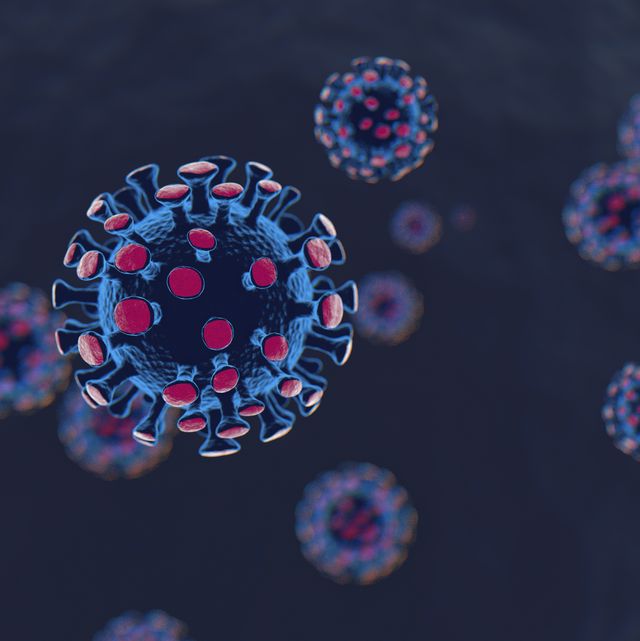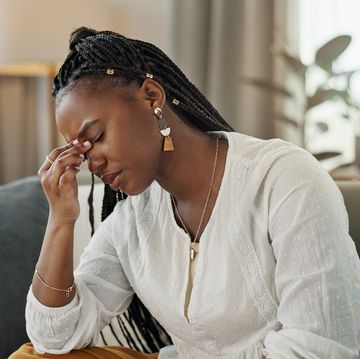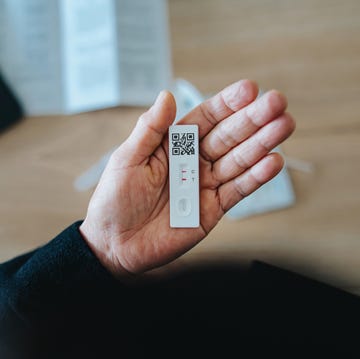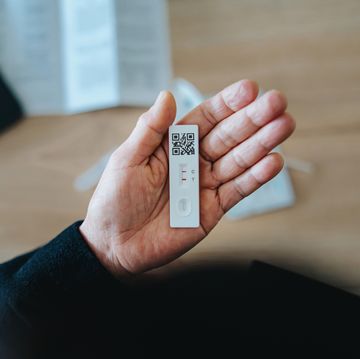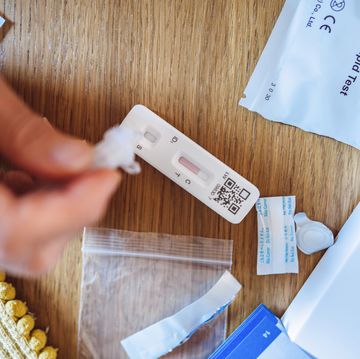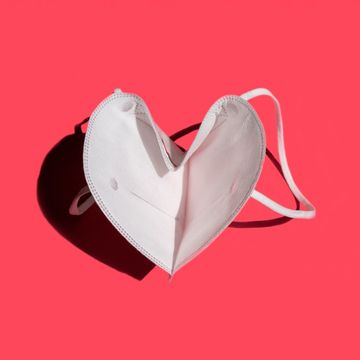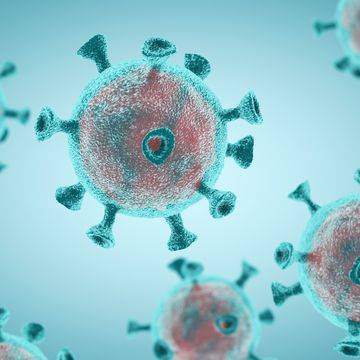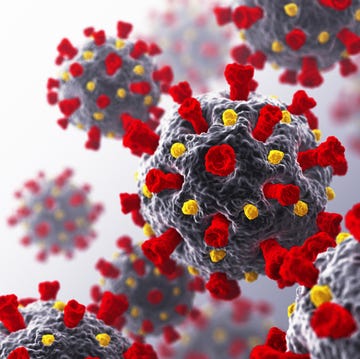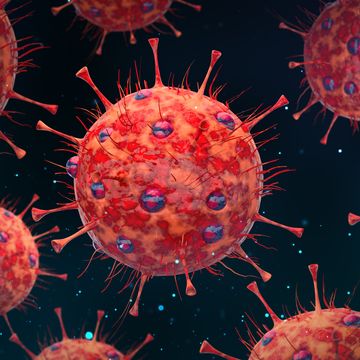For months, the general public and medical experts alike have thought of COVID-19 as a respiratory illness that would cause an ebb and flow of infections as the seasons change. But earlier this week, an official with the World Health Organization said in a media briefing that line of thinking isn’t entirely helpful anymore.
“People are still thinking about seasons. What we all need to get our heads around is this is a new virus and this one is behaving differently,” Margaret Harris, M.D., told reporters in a virtual briefing, per Reuters. “Summer is a problem. This virus likes all weather.”
While there have been talks about second, third, and subsequent waves of the virus, Dr. Harris urged people to think about COVID-19 as “one big wave.”
“It’s going to go up and down a bit,” she said. “The best thing is to flatten it and turn it into just something lapping at your feet. But at the moment—first, second, third wave—these things don’t really make sense and we’re not really defining it that way.”
Does that mean COVID-19 isn’t seasonal?
In the spring, experts predicted that COVID-19 cases would slow down, only to surge again in the fall and winter. But experts recently told Prevention.com that the United States is still “knee deep” in the first wave of the coronavirus pandemic in July.
Beyond SARS-CoV-2, the novel coronavirus that causes COVID-19, there are various other coronaviruses known to infect humans, including those that cause the common cold.
Many of these do have a seasonal element, and that’s why experts thought SARS-CoV-2 would be similar, explains William Schaffner, M.D., an infectious disease specialist and professor at the Vanderbilt University School of Medicine. “But that appears to not be the case because it’s spreading wildly in the summer,” he says.
In general, most people have built up some level of immunity to other types of coronaviruses, which is one reason they have seasonality, says infectious disease expert Amesh A. Adalja, M.D., senior scholar at the Johns Hopkins Center for Health Security. “When it’s hotter and more humid outside, there is decreased surface transmission. The virus finds it much less likely to find someone new to infect,” he explains. “But with COVID-19, there is so much community spread and so little immunity that the virus doesn’t have any problem finding new people to infect.”
But that doesn’t mean COVID-19 won’t become more complicated in the fall and winter.
“We certainly will have influenza to confuse the situation,” Dr. Schaffner says. Flu activity tends to ramp up in in October and peaks in between December and February in the U.S., sometimes lasting as late as May, according to the Centers for Disease Control and Prevention (CDC).
If COVID-19 cases continue to surge while the flu is circulating, it can tax the medical system and even confuse providers. “The flu and COVID-19 have very similar symptoms,” Dr. Schaffner says. “Doctors will have a hard time distinguishing between the two.”
The fall and winter may also become a time of “accelerated transmission” for COVID-19 as people move indoors and are in closer quarters with others, increasing the risk that the virus will spread, Dr. Adalja says.
“It makes it harder to socially distance,” explains Richard Watkins, M.D., an infectious disease physician and professor of internal medicine at the Northeast Ohio Medical University. “This does not bode well, especially with how much COVID-19 is spreading now because people are theoretically more spread out with doing things outside.”
Right now, there are a lot of unknowns with the fall and winter. “We’ll only know when we get there,” Dr. Adalja says. “There’s a strong possibility that we’ll have to contend with even more cases.”
That’s why experts stress the importance of getting the flu vaccine once it becomes available, typically by late August and early September. The shot won’t protect you against COVID-19, but it can help protect you against the flu. “The last thing someone needs is to get the flu and COVID-19 at the same time,” Dr. Watkins says.
Support from readers like you helps us do our best work. Go here to subscribe to Prevention and get 12 FREE gifts. And sign up for our FREE newsletter here for daily health, nutrition, and fitness advice.
